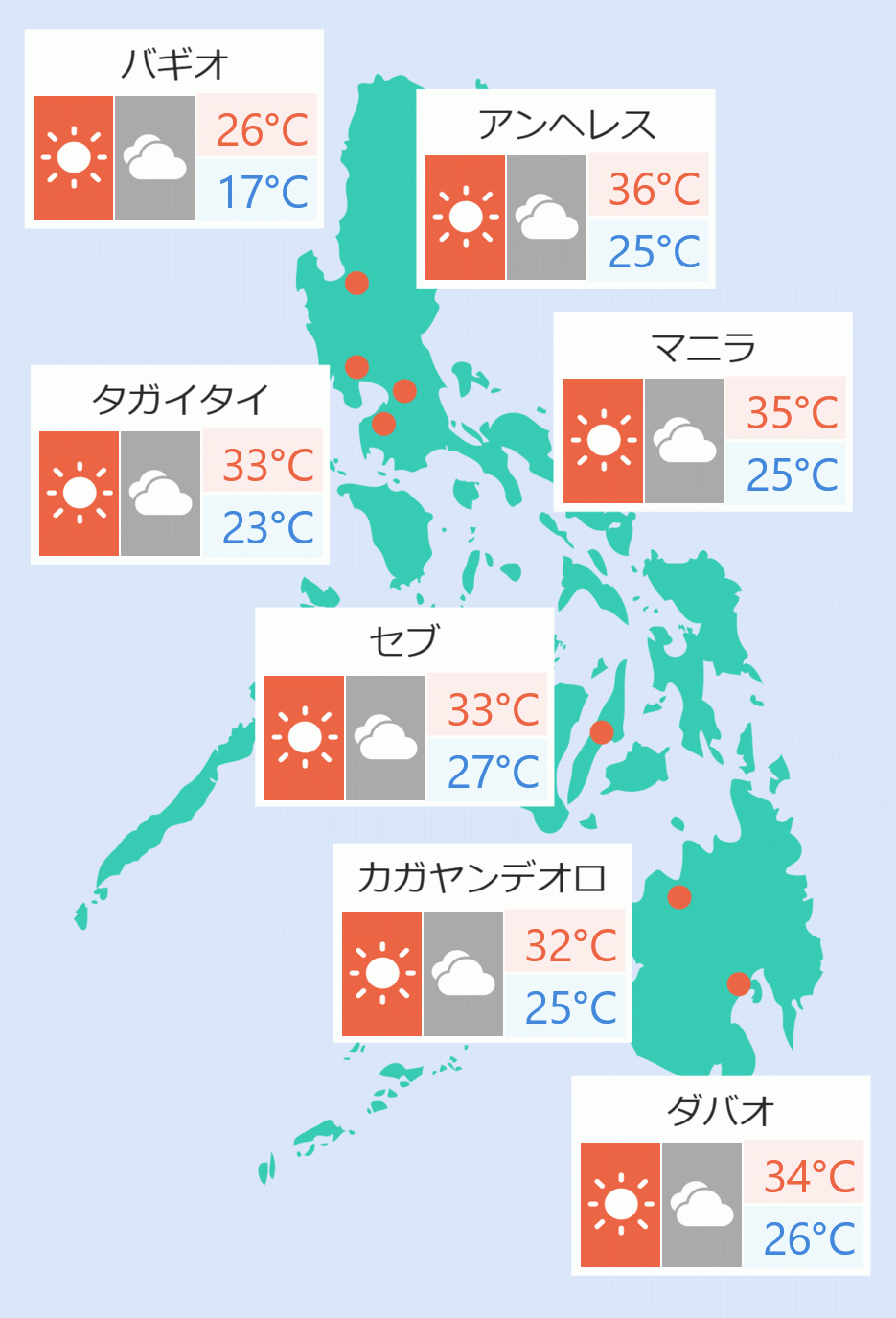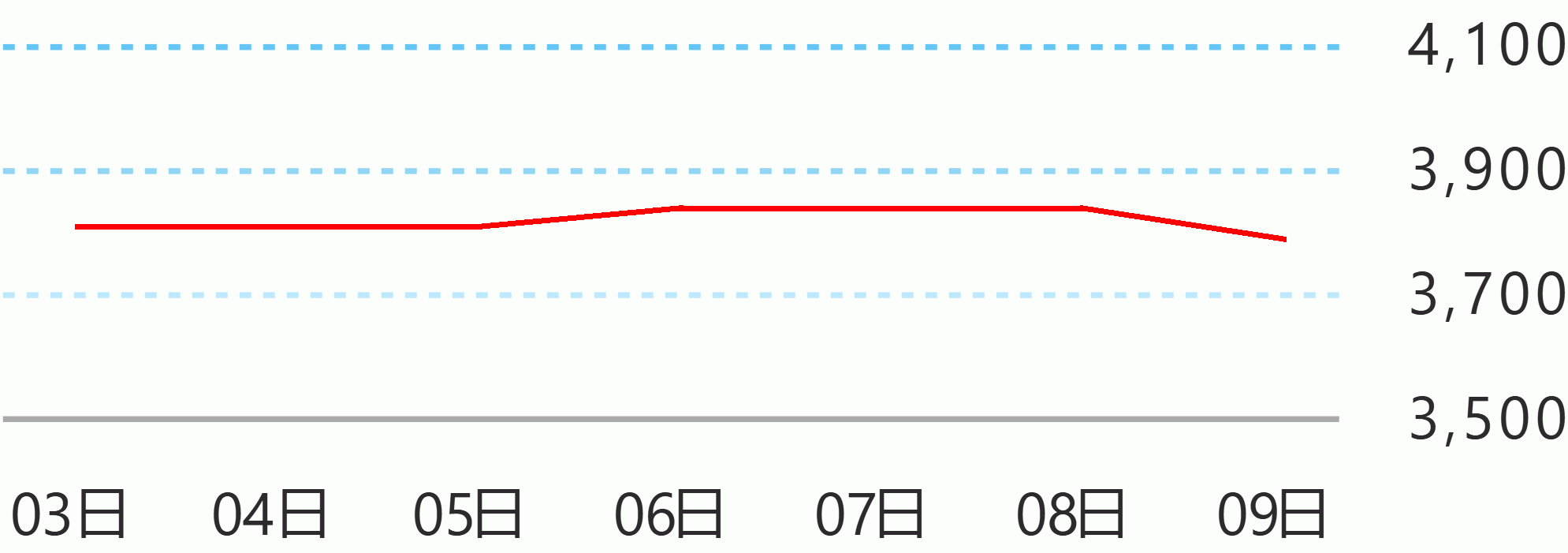By Celerina Monte
The World Bank has significantly slashed its economic growth projection for the Philippines this year after the first quarter contraction and the government's imposition of stringent quarantine restrictions during the past months to contain further spread of coronavirus disease.
Citing the Philippines Economic Update, World Bank senior economist Kevin Chua, in a virtual press briefing on Tuesday, said that the Philippine gross domestic product is forecast to grow at 4.7 percent this year before improving to 5.9 percent next year and 6 percent in 2023.
The new projections were much lower compared to the April 2021 World Bank East Asia and the Pacific Economic Update, which saw the local economy to expand by 5.5 percent this year, 6.3 percent in 2022, ad 6.2 percent in 2023.
Chua said during the first quarter, the economy declined by -4.2 percent.
"That's one consideration that we revisited our projection. Also, in the second quarter of 2021 we've seen the imposition of the quarantine measures along side the increase in COVID-19 cases, hence, also has affected domestic activity considering that much of Metro Manila and nearby provinces are in stricter measures to more than one and a half months. So that also impacted our projections," he explained.
Chua said the economic recovery this year is anchored on an anticipated global rebound, including in the Philippines' key trading partners.
He said this will translate into higher export demand and better prospect of remittances.
The Washington-based lending agency is also banking on the government's vaccination efforts for the domestic economy to pick up.
"As vaccination efforts progress and the rate of infection slows, consumer and business confidence will gradually improve and normalize," Chua said.
He also said that the Duterte administration's continued commitment to delivering infrastructure projects will contribute to public investment growth.
But market uncertainty and weaker lending activities may temper private investment, the official said.
Following the deep economic contraction last year, which was at -9.6 percent, Chua said a base effect will also contribute to increased growth this year, while "the national election is projected to boost economic activity in 2022 as it has done in previous election cycles."
Simultaneous national and local elections will be held in the Philippines in May next year.
Chua, however, warned of the downside risks that could affect the growth projections, such as the resurgence of COVID-19 infection due to the entry of new virus variants, which may overwhelm the healthcare system.
"Scaling up testing, tracing, isolation, and treatment measures, along with the rollout of the vaccination program are key to the public health response," he said.
But he also noted that the government's vaccination program could be affected by the tight global production supply and vaccine nationalism.
"Failure to effectively contain the virus or implement the mass vaccination program may extend mobility restrictions, which could lead to further job and income losses, disrupt businesses, and delay economic recovery. There are also external risks including the risk of a slower-than-expected global recovery, disruptions in international logistics and global value chains, and trade protectionism," Chua said. DMS




 English
English










